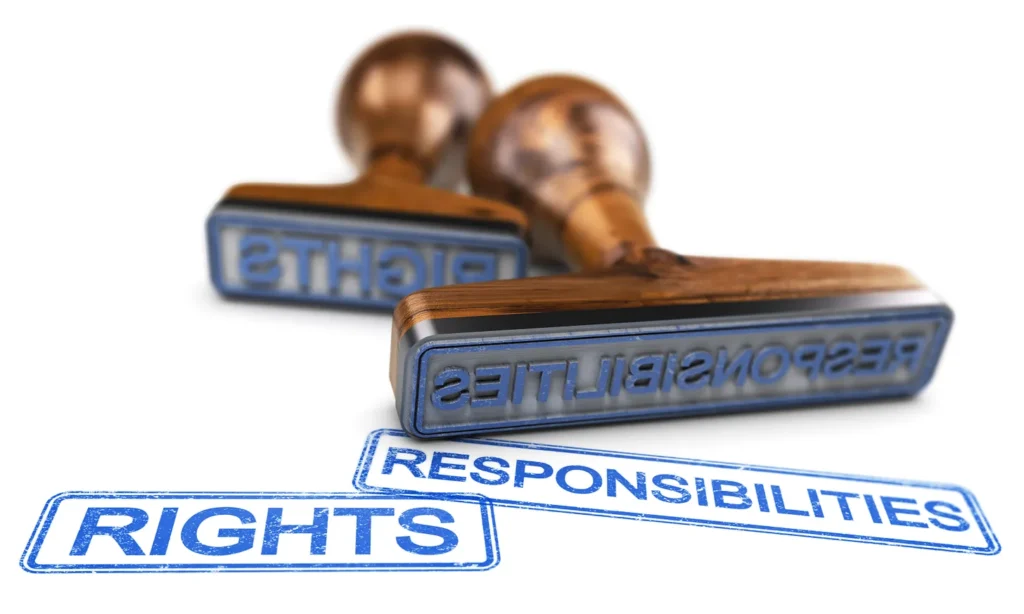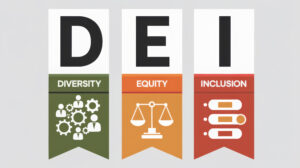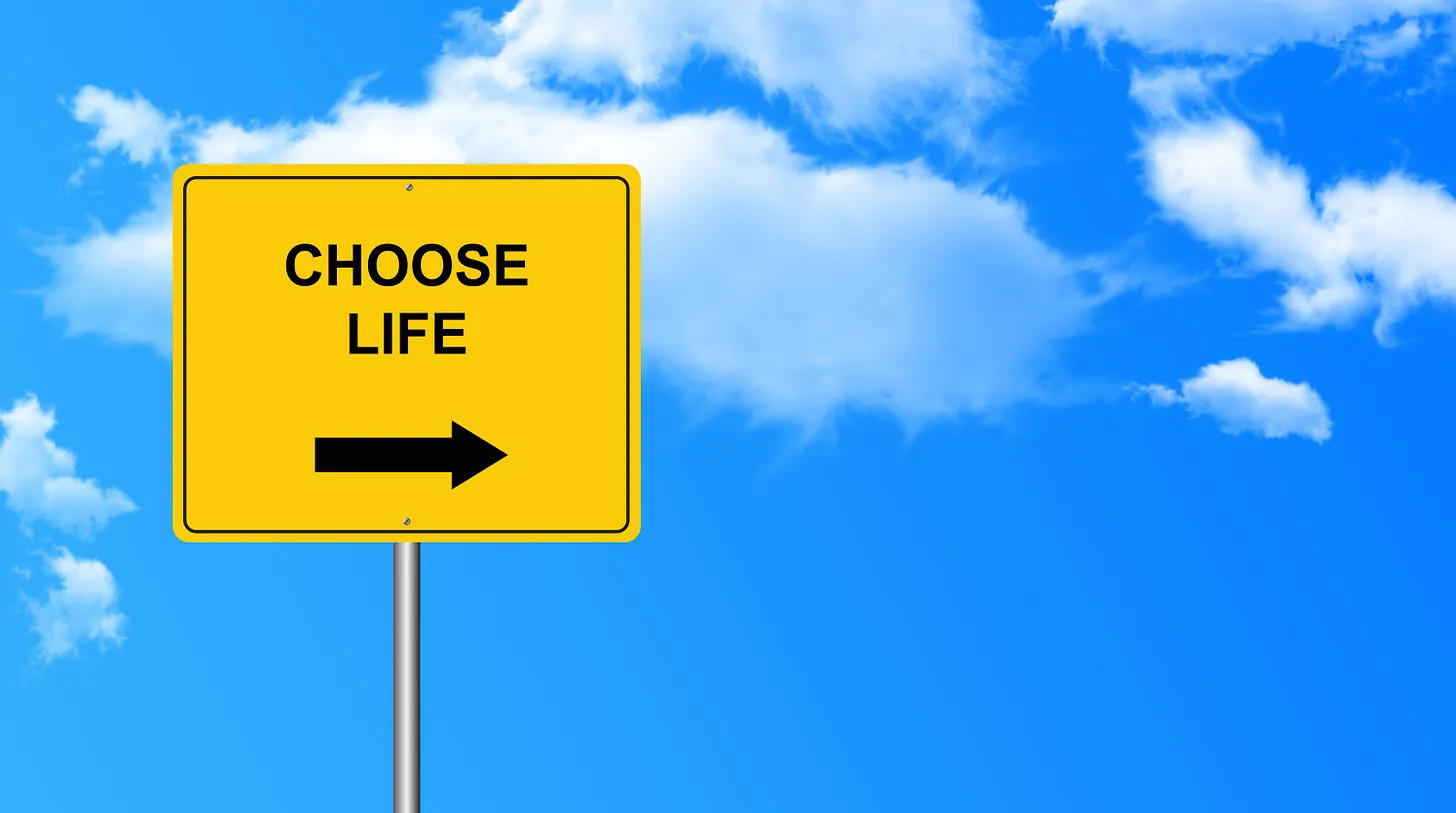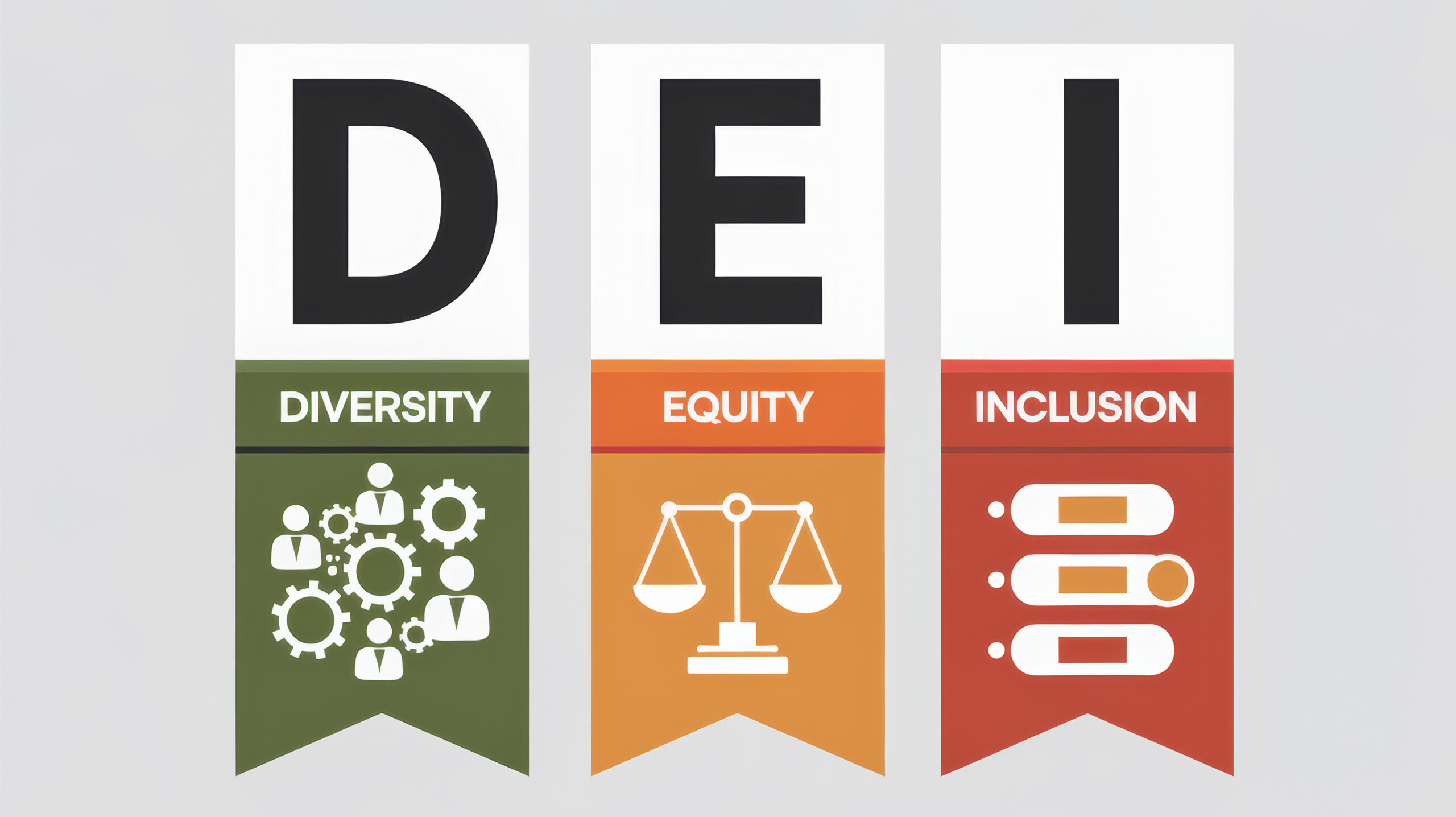
Rights are important to us in the Western World, and we don’t take kindly to those who would violate our real or perceived rights.
In our world there are human rights, civil rights, constitutional rights, charter rights, legal rights, women’s rights, children’s rights, consumer rights, worker’s rights, health rights, the rights of the disabled or impaired, victim’s rights, war-time convention rights, environmental rights, animal rights – so many rights that they may seem redundant or even conflicting.
Many of these rights espouse high ideals:
- Article 1 of the UN’s Universal Declaration of Human Rights states: “All human beings are born free and equal in dignity and rights. They are endowed with reason and conscience and should act toward one another in a spirit of brotherhood.”
- The Canadian Charter of Rights and Freedoms provides for the ability to think, speak, gather and worship freely; mobility rights (interprovincial and international travel), legal rights, equality rights; language and education rights are also included.
- The U.S. Constitution contains a Bill of Rights, that give such rights as freedom of religion, speech, press, assembly and petition; the ever-controversial right to bear arms, etc.; more amendments were added as time went on (i.e.: abolishment of slavery – the 13th amendment).
As fine as these ideals are in theory, decades and centuries have shown them to be practiced quite poorly or not at all. In fact, such rights are part of noble documents that are often disregarded, and, unfortunately, even dismissed altogether – quite predictable given our nature as subject to dark influences in human civilization through time.
Ezra Taft Benson, the U.S. Secretary of Agriculture during the Eisenhower Presidency and the 13th President of the Church of Latter Day Saints, wrote in, The Constitution: A Heavenly Banner, that:
“Rights are either God-given as part of the divine plan, or they are granted by government as part of a political plan. If we accept the premise that human rights are granted by government, then we must be willing to accept the corollary that they can be denied by government.”
Isn’t that what is happening in our day? But it gets worse! Harvard’s on-line study, The Bridge, in one of six articles entitled, The Critique of Rights – Five Basic Elements, concludes the following:
The discourse of rights is less useful in securing the progressive social change that liberal theorists and politicians assume.
- Legal rights are in fact indeterminate and incoherent.
- The use of rights discourse stunts human imagination and mystifies people about how the law really works.
- The discourse of rights reflects and produces a kind of isolated individualism that hinders social solidarity and genuine human connection.
- Rights discourse can actually impede progressive movement for genuine democracy and justice.
I won’t “critique” the critique, but I think you get the gist of this increasingly popular concept: rights that are granted to the citizenship of a jurisdiction are seen to be harmful, restrictive, divisive, non-inclusive, undemocratic or unjust.
In our societies we frequently see rights denied or unequally applied as various parties, special interests and historically dissatisfied (often legitimately so) groups and individuals are demanding to be heard and compensated. There is so much talk of rights of citizenship (which have, no doubt, been violated), but so little is heard about the responsibilities citizens are obliged to fulfill toward each other, and indeed, toward all people within a jurisdiction and even the world at large.
In Canada, our rights to citizenship include codified responsibilities – an agreement, if you will. As imperfectly as these rights and responsibilities are practiced by government and each of us, they are the basis of a covenant.
The Government of Canada website lists the responsibilities of citizenship in this country. Here are some responsibilities of a Canadian:
- Respecting the rights and freedoms of others.
- Obeying the law – no group or person is above the law.
- Working to provide for a family – a matter of dignity, personal self-respect and Canada’s prosperity.
- Helping others in the community (volunteering).
- Protecting and enjoying our heritage and the environment.
Do you notice something here? Its all “outreach” for the good of others and for the country.
Perhaps I might demonstrate the difference between demanding one’s rights and fulfilling one’s responsibilities in having those rights by restating four concepts found on askanydifference.com:
- Rights are owed by the governing body to the people; Responsibilities are owed by the people to the society or country.
- Rights are enjoyed by the citizens; the benefits of Responsibilities are enjoyed by the population in general.
- Rights will frequently be subject to legal conflict; Responsibilities are not usually so.
- Rights can be exclusive to specific groups; Responsibilities are valid throughout the demographic.
Would there be so much strife and division in our societies today if people understood that their cherished rights of citizenship also carried responsibilities to each other and the population in general?
It appears that our peoples now tend to focus singularly on rights that they believe are due to them in their jurisdictions. They do not generally consider that they have responsibilities to fulfill for the good of their country, province/state, city or town or each other. As this is occurring, the covenant between governments and citizens within these locales is violated and those relationships are clearly disintegrating.
The ideal performance of this covenant is a government that grants its people all the rights that will help them grow and prosper AND provides a sound (and enforceable) code of conduct that outlines responsibilities due from citizenship. That kind of covenant would produce peace, security, contentment and so much of what you and I want from life.
Is this possible?
Civilizations of humans to our day have expected many rights, but with little or no regard for their individual or collective responsibilities during their existence. As time marches onward, rights are being ignored by nearly all governments on earth, and, certainly fewer citizens feel any responsibility toward their particular government or each other.
It is my opinion that in the near term we can expect the abolition of most of our rights as governments grapple with modern issues that are too many to mention here. Simultaneously, there will be a complete disregard of responsibilities as we feel increasingly uncared for.
Christians, who have hope of a better world under Jesus Christ in the kingdom of God, still have a responsibility to be exemplary citizens of whatever jursidiction they live in today. I Peter 2:11-17 in the J.B. Phillips translation of the New Testament of the Bible gives the following instruction:
“I beg you, as those whom I love, to live in this world as strangers and “temporary residents”, to keep clear of the desires of your lower natures, for they are always at war with your souls. Your conduct among the surrounding peoples should always be good and right, so that although they may slander you as evil-doers yet when troubles come, they may glorify God when they see how well you conduct yourselves.
“Obey every man-made authority for the Lord’s sake – whether it is the emperor, as the supreme ruler, or the governors whom he has appointed to punish evil-doers and reward those who do good service. It is the will of God that you may thus silence the ill-informed criticisms of the foolish. As free men you should never use your freedom as a screen for doing wrong, but live as servants of God. You should have respect for everyone, you should love our brotherhood, fear God and honour the emperor.”
With any rights we have as citizens of our nation, it is important to remember that we also have responsibilities we should fulfill to our fellow-citizens, to our governments and especially to our God.









